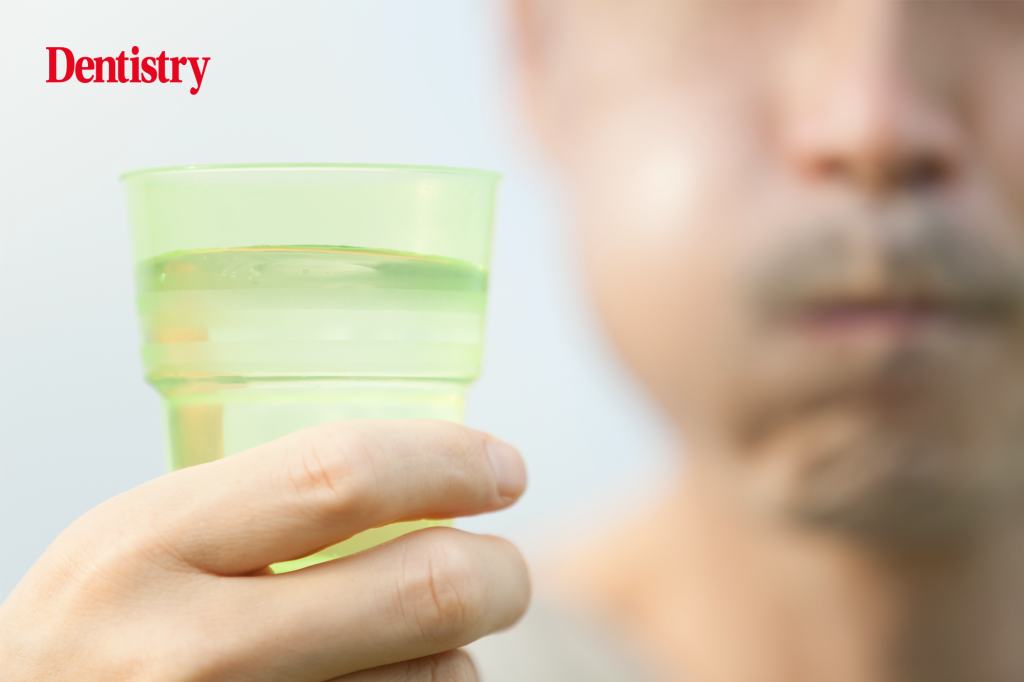
A new study explores the use of a simple ‘swish and spit’ oral rinse that could act as an early screening for gastric cancer.
The oral rinse would work by identifying biomarkers for cancer in the oral microbiome. Researchers analysed bacteria samples from the mouths of 98 patients, 30 of whom were known to have gastric cancer. Distinct differences were found between the oral microbiomes of healthy patients and those with cancer.
Shruthi Reddy Perati is a general surgery resident at Rutgers Robert Wood Johnson School of Medicine and author of the study. She said: ‘We see that the oral microbiome and the stomach microbiome are connected, and knowing what bugs are in your mouth tells us what the stomach environment is like. That has a huge implication that could lead to some practice-changing tests and guidelines.’
‘This has enormous potential’
It was also determined that the microbiomes of pre-cancerous patients were very similar to those who had already developed the disease. According to the researchers, this suggests that oral microbiome changes occur as soon as the stomach is altered in ways that could eventually lead to cancer.
Dr Perati continued: ‘In the cancer world, if you find patients after they’ve developed cancer, it’s a little too late. The ideal time to try to prevent cancer is when it’s just about to turn into cancer. We were able to identify people who had pre-cancerous conditions. As a screening and prevention tool, this has enormous potential.’
The researchers intend to conduct larger studies with multiple institutions to verify their results. Dr Perati said: ‘Even with a small cohort, we were able to see some stark differences and believe the findings are very promising.’
Cancer-detecting lollipops
Oral diagnostic aids for cancer are also being investigated in the form of ‘lollipops’. Researchers at the University of Birmingham recently received funding to develop smart hydrogel lollipops which capture proteins produced by cancers.
Dr Ruchi Gupta at the University of Birmingham is leading the project. She said: ‘Smart hydrogels have really exciting potential for diagnosing mouth cancer. They can be easily moulded into shapes as a solid to “catch” proteins in saliva.’
The current process for capturing proteins takes around 12 hours and can be painful for patients. Researchers hope this new development could cut it down to just 10 minutes.
Follow Dentistry.co.uk on Instagram to keep up with all the latest dental news and trends.


